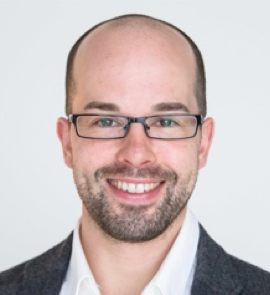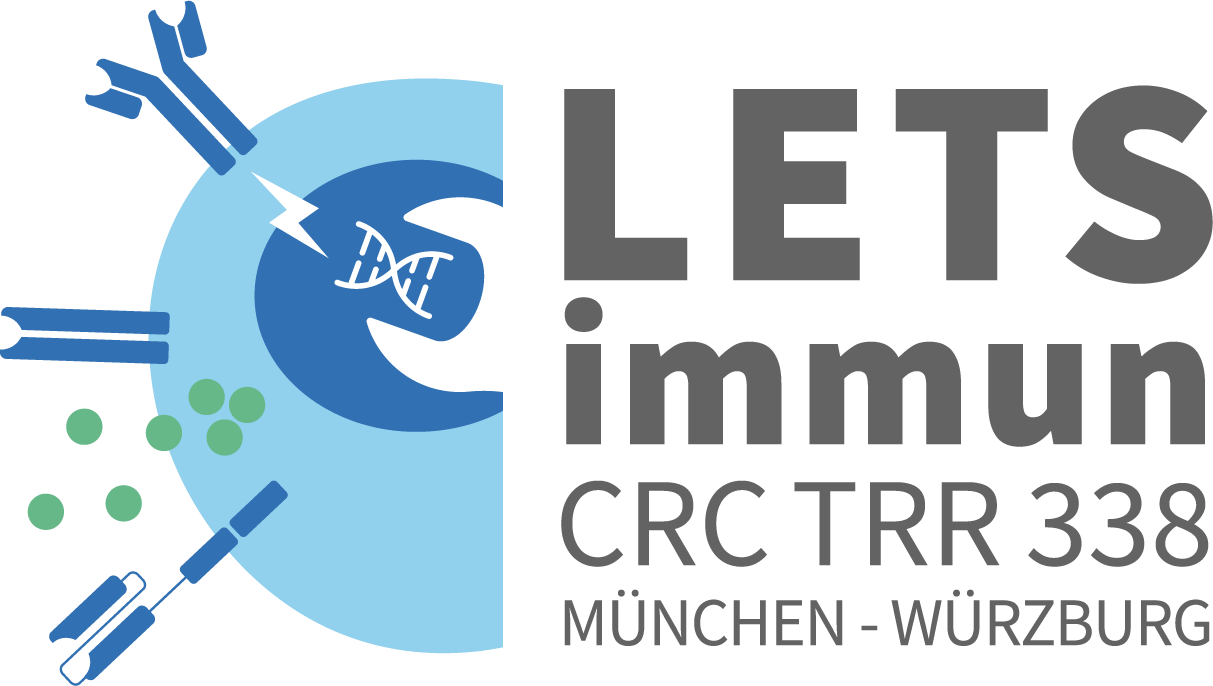
Prof. Dr. rer. nat. Matthias Feige
Department Chemie und Institute for Advanced Study
Technische Universität München
Lichtenbergstr. 4
85748 Garching
Phone: +49 89 289 13667
Email: matthias.feige@tum.de
University training and degree
2003-2005 M.Sc. Biochemistry, TU Munich and ETHZ
2000 – 2003 B.Sc. Biochemistry, TU Munich
Advanced academic qualifications
2009 Dissertation Biochemistry, TU Munich, Mentor: Johannes Buchner
Postgraduate professional career
Since 2015 Rudolf Mößbauer Tenure Track Assistant Professor for Cellular Protein Biochemistry, Technical University of Munich, Munich, GER
2010 – 2015 Postdoctoral Research Fellow, Linda Hendershot Lab, St. Jude Children’s Research Hospital, Memphis/TN, USA
Awards
2019 Innovation Prize of the German Bioregions
2019 Audience Award of the German Biotech Days
2016 Daimler and Benz Foundation, Fellow of the Daimler and Benz Foundation
2012 Rainer Rudolph Foundation, Rainer Rudolph Award
2011 Management Engineers and TUM, Management Engineers Presidential Award
2010 Hans Fischer Society, Hans Fischer Award
2010 TUM graduate school, PhD Award
2005 Jürgen Manchot Foundation, Jürgen Manchot Award
Fellowships
2011 – 2014 German Academy of Sciences Leopoldina, postdoctoral fellowship
2010 – 2011 Paul Barrett Endowed Fellowship, postdoctoral fellowship
2006 – 2009 German Academic Scholarship Foundation (Studienstiftung), PhD fellowship
2003 – 2005 German Academic Scholarship Foundation (Studienstiftung), undergraduate
fellowship
Editorships
2019 Co-editor for two special issues in Biological Chemistry on young research groups in Germany
2018 Editor of the book Oxidative Folding of Proteins: Basic Principles, Cellular Regulation and Engineering, RSC Publishing
a) Articles published by outlets with scientific quality assurance, book publications and works accepted for publication, but not yet published
1. Meier S, Bohnacker S, Klose CJ, Lopez A, Choe CA, Schmid PWN, Bloemeke N, Rührnößl F, Haslbeck M, Bieren JE, Sattler M, Huang PS, Feige MJ*. The molecular basis of chaperone-mediated interleukin 23 assembly control. Nat Commun 2019;10:4121.
2. Coelho JPL, Stahl M, Bloemeke N, Meighen-Berger K, Piedrafita Alvira C, Zhang ZR, Sieber SA, Feige MJ. A network of chaperones prevents and detects failures in membrane protein lipid bilayer integration. Nat Commun 2019;10:672.
3. Müller SI, Friedl A, Aschenbrenner I, Esser-von Bieren J, Zacharias M, Devergne O*, Feige MJ*. A folding switch regulates interleukin 27 biogenesis and secretion of its -subunit as a cytokine. Proc Natl Acad Sci U S A 2019;116:1585-90.
4. Reitberger S, Haimerl P, Aschenbrenner I, Esser-von Bieren J, Feige MJ*. Assembly-induced folding regulates interleukin 12 biogenesis and secretion. J Biol Chem 2017;292:8073-81.
5. Behnke J, Mann M, Scruggs FL, Feige MJ*, Hendershot LM*. Members of the Hsp70 family recognize distinct types of sequences to execute ER quality control. Mol Cell 2016; 63:739-52.
6. Feige MJ*, Behnke J, Mittag T, Hendershot LM*. Dimerization-dependent folding underlies assembly control of the clonotypic T cell receptor chains. J Biol Chem 2015; 290:26821-31.
7. Feige MJ*, Gräwert MA, Marcinowski M, Hennig J, Behnke J, Ausländer D, Herold EM, Peschek J, Castro CD, Flajnik MF, Hendershot LM, Sattler M, Groll M, Buchner J. The structural analysis of shark IgNAR antibodies reveals evolutionary principles of immunoglobulins. Proc Natl Acad Sci U S A 2014;111:8155-60.
8. Feige MJ*, Hendershot LM*. Quality control of integral membrane proteins by assembly-dependent membrane integration. Mol Cell 2013;51:297-309.
9. Feige MJ, Groscurth S, Marcinowski M, Shimizu Y, Kessler H, Hendershot LM, Buchner J*. An unfolded CH1 domain controls the assembly and secretion of IgG antibodies. Mol Cell 2009;34:569-79.
10. Feige MJ, Groscurth S, Marcinowski M, Yew ZT, Truffault V, Paci E, Kessler H, Buchner J*. The structure of a folding intermediate provides insight into differences in immunoglobulin amyloidogenicity. Proc Natl Acad Sci U S A 2008; 105:13373-8.
*corresponding authors
